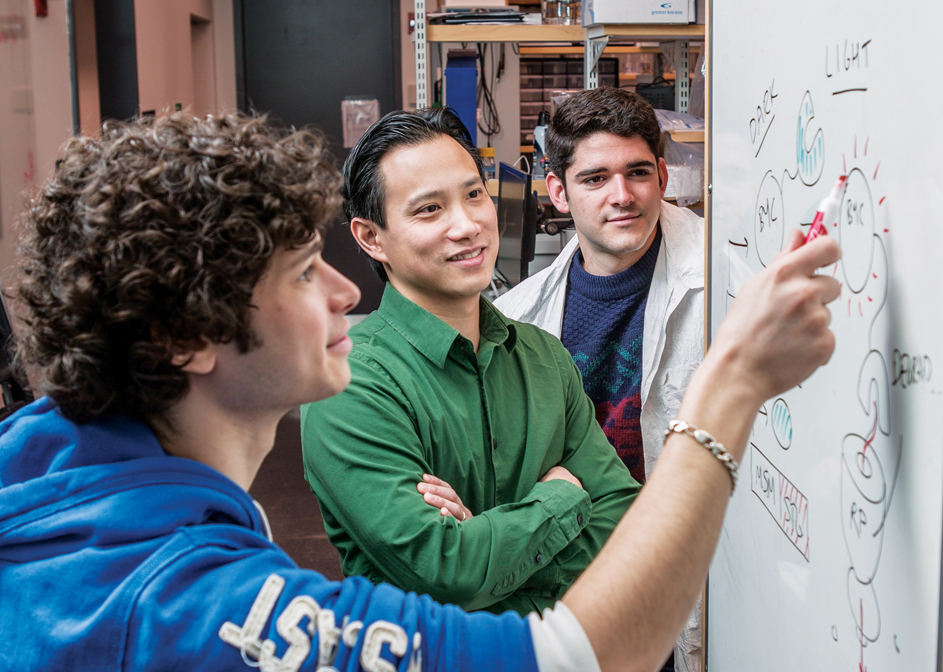
Master's Program
The Bioengineering master’s program provides an interdisciplinary education in scientific and engineering fundamentals, with an emphasis on new developments in the field of Bioengineering. The primary goal of the Penn Bioengineering master’s program is to provide students with a customized curriculum designed to prepare them to function creatively and independently in industry, research and development, government or academia.
The master’s degree program provides rigorous and advanced training in engineering with a focus on biological and medical sciences. The flexible curriculum allows students to select their own graduate coursework in math, biomedical sciences, bioengineering, and other science and engineering disciplines. The University of Pennsylvania has a “one university” philosophy, and students may register for courses from any School in the University. Our students typically take courses in the Schools of Engineering, Arts and Sciences, and Medicine.
Bioengineering master’s degree candidates select either the thesis or non-thesis degree track during their first year, in consultation with the Director of Master’s Advising. Students typically complete their degree program in twelve to eighteen months.
The MSE in Bioengineering is a “terminal degree,” meaning that students interested in pursuing a PhD must apply to the program through the PhD graduate admissions process.
